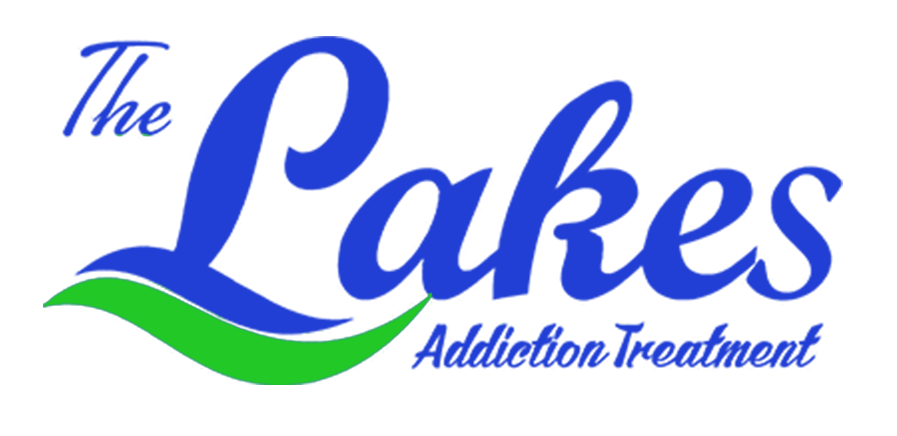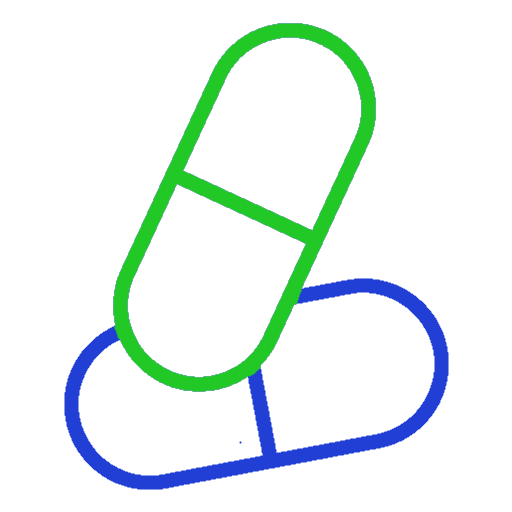Battling a substance addiction is very much a mind and body experience. Addiction can take a great toll on your physical health as well as your mental well-being, and restoring your physical health is an important part of recovery.
One thing that you can do to help the physical recovery process is to maintain a healthy diet. It can be hard to eat well while you’re in the grips of active addiction, and you may need to relearn how to nourish your body in a healthy way when you’re in recovery.
What you eat can actually have a positive impact on your recovery. Take a look at what you need to know about your diet while you’re in recovery.
Make Sure You’re Eating EnoughIt’s not uncommon for people who struggle with addiction to lose weight while their addiction is active. Many drugs have a suppressing effect on the appetite. That applies not just to obvious substances, like cocaine or methamphetamines, but also to less obvious substances, like alcohol – some alcoholics get as much as 50% of their daily calories from alcohol, not from food.
This means that you may need to retrain yourself to eat the proper amount of food for the day. Adhering to a regular meal and snack schedule can be an important part of your recovery.A residential rehab facility that serves meals on a regular schedule can be helpful for getting you back in the habit of eating a healthy amount of food at regular intervals. If you’re attending rehab on an outpatient basis, you may need help creating a schedule and meal plan for yourself.
Avoid Using Sugar as a CrutchOf course, just eating regularly isn’t enough — you also have to eat the right things. It’s not uncommon for addicts in recovery to gain too much weight, and often this comes from eating the wrong things. In particular, you may find yourself craving sugary snacks and treats.Sugar can stimulate the pleasure centers in your brain in much the same way that drugs or alcohol do. Therefore, people who are prone to addiction can find themselves substituting a sugar addiction for substance addiction.
While on the surface, this may seem harmless, a diet high in refined sugars can lead to a whole new set of health problems. It’s linked to conditions such as high cholesterol, diabetes, and obesity.
Learning to shop for and cook healthful foods and substituting healthy sweets, like fruit, for sugary drinks and snacks, can help ensure that your body gets healthy and stays healthy.
Learn Which Foods Boost Your Peaceful MoodWhile it may not be healthy to replace the stimulation from a drug with the stimulation from sugar, there are healthy ways for you to use the effects of food to combat addiction.Certain foods can be mood-boosters, which can help fight off the depression that sometimes occurs during recovery. For example, your brain can synthesize serotonin, which can help regulate your mood from foods containing protein-rich foods containing tryptophan.
Healthy carbohydrates, like whole grains, legumes, and vegetables, help more tryptophan get to your brain, which your brain then converts to more serotonin. Foods containing Omega-3 fatty acids, folate, B-12, and Vitamin D are all thought to help eliminate depression.
Eating foods that help you stay in a good mood can help you better manage your addiction and recovery. You’ll be less likely to relapse if you’re not depressed, and you’ll have more energy, which you need in order to get better.
When you look for a rehab facility, it can help to choose one that understands the importance of healthy meals made with fresh foods for those in recovery. Good nutritional habits can be a useful tool to help you live a healthy, drug-free life going forward.







